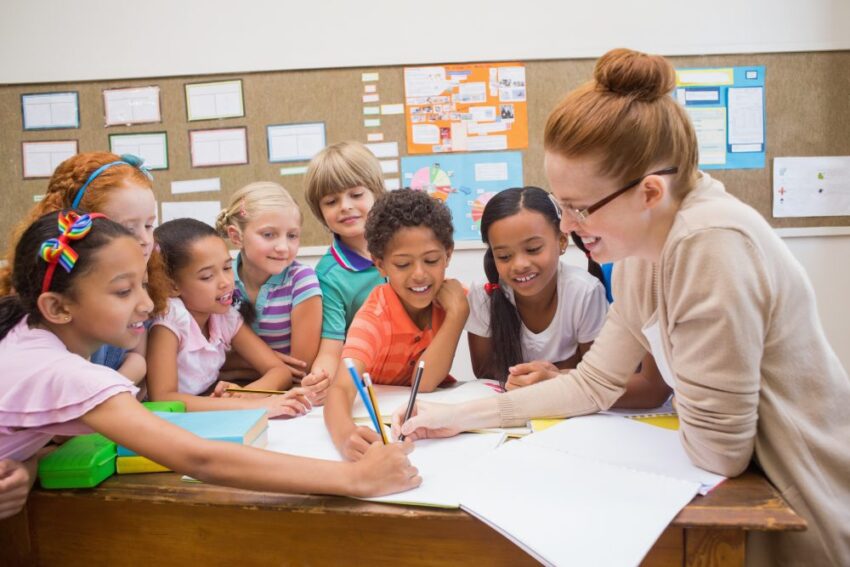Unraveling the Secrets of Montessori Teaching: Insights from Experienced Educators
Montessori education is a unique approach to teaching that focuses on the individual needs and capabilities of each child, allowing them to develop at their own pace. Developed by Dr. Maria Montessori in the early 20th century, this method has gained popularity worldwide for its emphasis on freedom, independence, and holistic learning. To unravel the secrets of Montessori teaching, we reached out to experienced Montessori educators who shared their valuable insights.
The Role of the Educator
In a Montessori classroom, the role of the educator is not that of a traditional teacher but rather that of a guide or facilitator. According to Laura, a Montessori teacher with over 10 years of experience, “Montessori educators are there to observe, assist, and support the child’s natural development. We create an environment that fosters independence, critical thinking, and a love for learning.”
Many experienced Montessori educators emphasized the importance of model behavior. Jennifer, an educator with more than 15 years of experience, explained, “Children learn by observing their environment and the people around them. It is crucial for educators to lead by example and demonstrate the values and behaviors we want to instill in our students.”
Individualized Education
A key principle of Montessori education is the recognition that every child is unique and has different learning preferences and speeds. Mahesh, an experienced Montessori educator, highlighted the significance of individualized education. He said, “In a traditional classroom, all children are expected to follow the same curriculum at the same pace. In Montessori education, we respect the individuality of each child and tailor our approach accordingly. We allow students to choose their work within a prepared environment and provide guidance when needed.”
Montessori educators stressed the importance of observing each child closely to understand their needs and interests. Sarah, a Montessori guide, shared, “By closely observing the child, we can identify their strengths, weaknesses, and areas they may need additional support. This allows us to provide materials and activities that are engaging and challenging, promoting a love for learning.”
Freedom within Limits
Maria Montessori believed in the importance of giving children freedom within certain limits, creating an environment that fosters independence and self-discipline. Experienced Montessori educators echoed this principle. “We give children the freedom to choose their work and follow their interests, but within a framework that provides structure and fosters discipline,” explained Lisa, an educator with over 20 years of experience.
The concept of freedom within limits extends to the materials used in Montessori classrooms. Laura explained, “The materials in our classrooms are carefully designed to foster specific skills and concepts. By providing children with a variety of materials and allowing them to freely choose which ones they want to work with, we empower them to explore and discover at their own pace.”
Practical Life Skills
Montessori education places a strong emphasis on practical life skills, helping children develop independence and self-sufficiency. Experienced Montessori educators highlighted the importance of incorporating everyday tasks into the curriculum. Jennifer shared, “We teach children basic life skills like pouring, tying shoelaces, and cleaning up after themselves. These skills not only foster independence but also develop their concentration and fine motor skills.”
Incorporating practical life skills also extends to the care of the environment. Sarah emphasized, “Children learn responsibility by taking care of their classroom and the materials within it. They learn the importance of respect, cooperation, and the value of a clean and organized space.”
Unraveling the secrets of Montessori teaching reveals a holistic approach to education that focuses on the individual needs and capabilities of each child. Through the role of a guide, the use of individualized education, freedom within limits, and the emphasis on practical life skills, Montessori education fosters independence, critical thinking, and a love for lifelong learning.
Nidhin
For More Details Call: +917510220582

